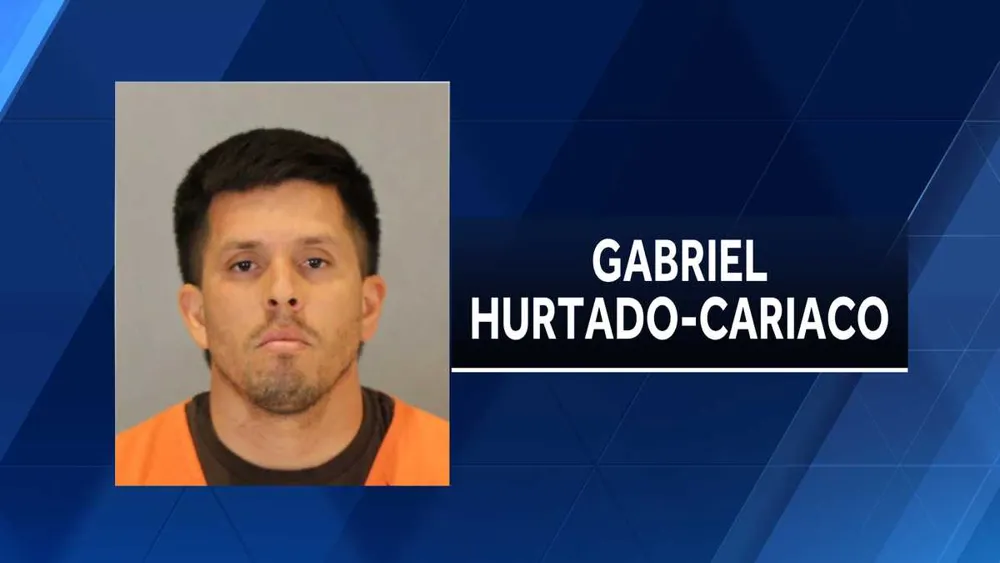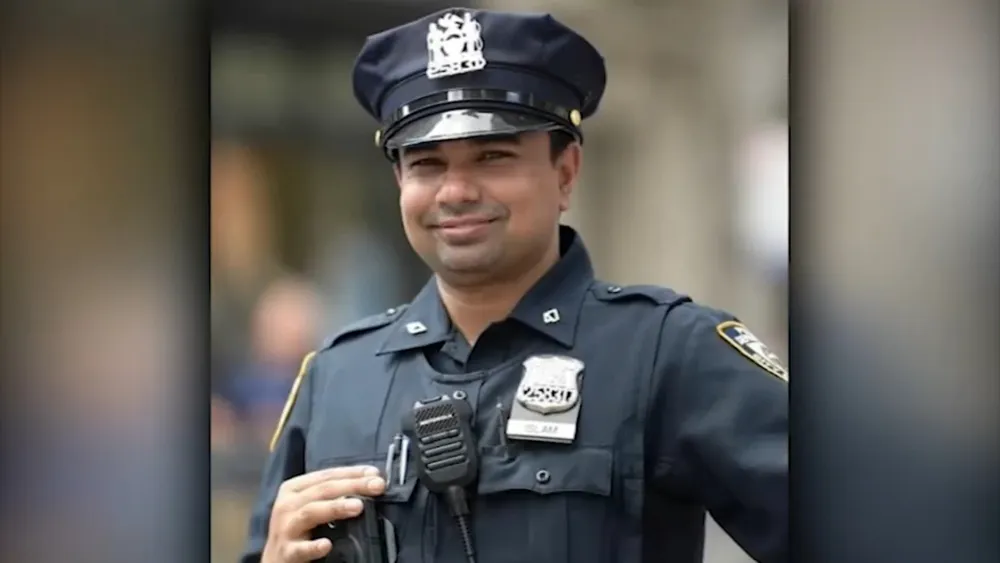Awdah Hattaleen: Palestinian activist denied entry at SFO murdered by Israeli settler in West Bank
Awdah Hattaleen, a Palestinian peace activist who was detained at San Francisco International Airport last month and denied entry into the U.S., was murdered Monday in the West Bank allegedly by an Israeli settler.
Now, some of the groups who sponsored him are reacting to news of his death.
"We really need help. Settlers are attacking us. They are shooting between the houses. One guy got injured from the tear gas. And they are shooting by their guns now. We really need help now. We cannot even protect ourselves here. Please."
That was one of the final messages Awdah Hattaleen sent out to fellow activists as his West Bank village was being attacked. Hours later, Awda was killed.
"You will see settlers coming, destroying property, attacking people. And you will often see soldiers and/or police right there behind them, protecting them. Or in some cases, even participating," says Alice Robinson.
Robinson is a Bay Area Jewish activist who spent last summer in the Israeli-occupied West Bank as a "protective presence" activist where she got to meet and spend time with Awdah and his family.
MORE: Visas abruptly canceled for 2 Palestinian humanitarian activists detained at SFO: SF supervisor
"I think it's really important to understand this is not just rogue individuals. This is a whole system of oppression that the Palestinians are facing it the West Bank and that same dehumanization is driving the starvation we are seeing in Gaza," suggests Robinson.
Robinson is with the organization Jewish Voice for Peace . It co-sponsored Awdah's Bay Area interfaith speaking tour, which was scheduled for last month. But upon arrival, Awdah and his colleague, were detained at San Francisco International Airport and held for 24 hours. They were then sent back - despite having valid visas.
"What we heard from the public defender at the time is that this is one of the first cases they had seen of the federal government trying to limit free speech though this operation," says San Francisco Supervisor, Bilal Mahmood.
Supervisor Mahmood went to SFO after Awdah was detained, trying to advocate for their entry.
The 31-year-old Awdah had been a peace activist for more than 10 years. His work was featured in the Oscar-winning documentary " No Other Land ." He leaves behind a wife and three young sons.
"When peace activists that are trying to foster peace are the ones who are dying, that's when we know, if people do not recognize it already, something is extremely wrong there and how we are engaging with the conflict needs to change as well," says Mahmood.
MORE: 94 Palestinians killed in Gaza, including 45 waiting for aid, authorities say
Yinon Levi was detained by Israel and released on house arrest in connection with Awdah's death. Levi is among several Israeli settlers in the occupied West Bank who were sanctioned by President Biden's administration.
Mohamed Shehk is with the Arab Resource and Organizing Center, or AROC . He says Awdah's death is reminder that Palestinian struggle extends beyond Gaza. And he's concerned that Palestinian voices continue to be censored.
"Awdah's was coming here to tell his story. To talk about his experiences living under a brutal Israeli occupation. Only to be rejected from entry. Go back to Palestine, where he was murdered by the same forces, the same threats, that he was coming here to tell us about," explains Shehk.
"The censorship, the silencing of Palestinian voices, leads to complicity in murder, in dispossession, in the continued ethnic cleansing of the Palestinian people," adds Shehk.
Zahra Billoo is executive director of the San Francisco Bay Area chapter of CAIR , the Council and American-Islamic Relations, which is the largest Muslim civil rights organization in the United States. She says U.S. politicians need to do more in Gaza. But adds, they also need to pay more attention to what is happening in the West Bank.
"It has only been a couple of weeks since an Israeli settler killed a U.S. citizen. So, this is not a once-in-a-while occurrence. This is everyday life for Palestinians in the occupied West Bank. As well as in Gaza," she says.
"It is bad enough that we (the U.S.) enable the violence. It adds insult to injury that we are not even allowed to talk about it," says Billoo.


